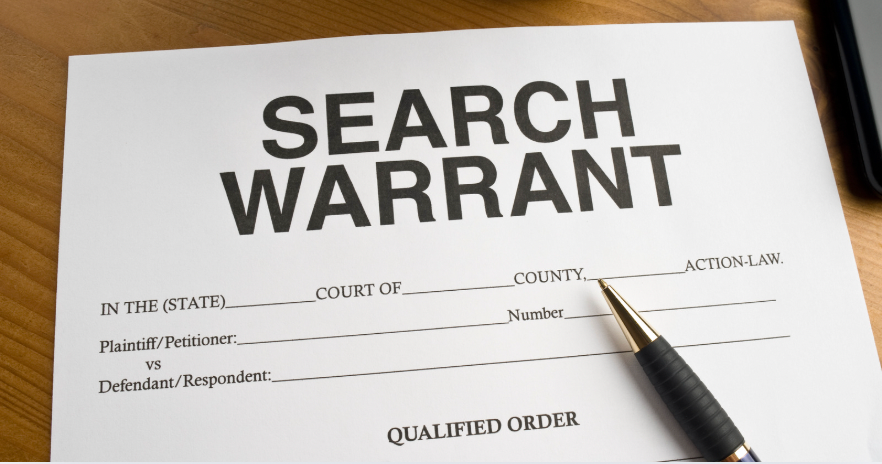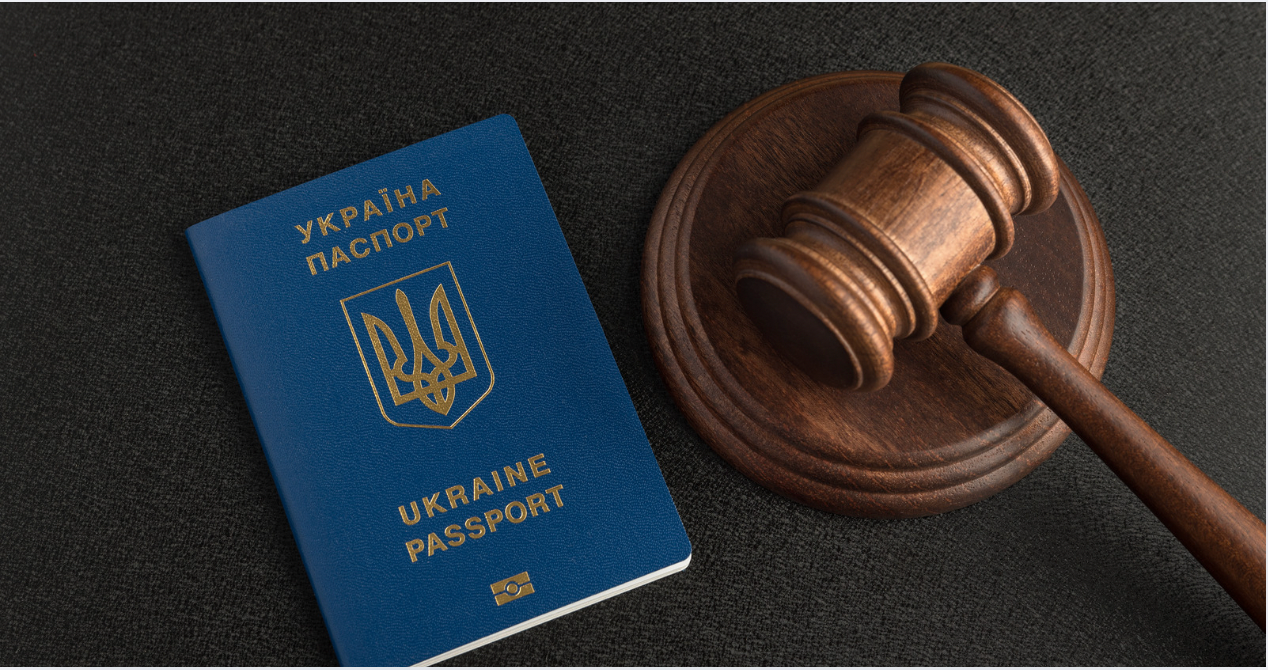Understanding Bail Bonds for Out-of-State Arrests
Facing an arrest in an unfamiliar state can be a daunting experience. The legal system, bail process, and navigating your release can become significantly more complex when the arrest happens far from home. Understanding how bail bonds work for out-of-state arrests is essential to ensuring a smooth and timely resolution.
How Does Bail Work for Out-of-State Arrests?
When arrested in a state other than your own, you are still entitled to bail, just as you would be in your home state. However, there are unique challenges. After bail is set by the court, you may find it difficult to handle the logistics of posting bail, attending court appearances, or arranging for a local bondsman to assist.
This is where bail bond agents step in. Bail bond companies are experienced in managing out-of-state cases and can handle the paperwork and communication required to secure your release, even when you’re not local
Key Challenges of Out-of-State Bail
Handling an arrest in another state can present unique logistical and legal hurdles that may complicate the bail process. Below are some of the most common challenges defendants face when dealing with out-of-state bail situations:
- Local Court Requirements: Laws and court procedures differ between states, and you’ll need to comply with the specific requirements of the state where the arrest occurred. A bail bond agent familiar with local laws can help ensure you meet these expectations.
- Travel Commitments: Defendants must attend all court dates, which often requires traveling back to the state of the arrest. Missing a court date could lead to serious legal consequences, including forfeiting your bail.
- Coordination with a Bondsman: If you’ve been arrested far from home, you’ll need to find a bail bondsman licensed in the state where you were arrested. Fortunately, many bail bond companies have networks of agents across the country to streamline this process.
How Griffith Bailbonds Can Help
Griffith Bailbonds specializes in assisting with out-of-state bail situations. Whether you're in custody or helping a loved one, we’ll work with our network of licensed agents to ensure a quick release and help you stay compliant with court requirements.
Call Griffith Bailbonds for Out-of-State Bail Assistance
An out-of-state arrest doesn’t have to mean confusion and delay. Griffith Bailbonds is here to guide you through every step of the process, no matter where the arrest happened. Contact us now for a free consultation. Call Griffith Bailbonds 24/7 for prompt, professional help so you can return home and focus on resolving your case.











